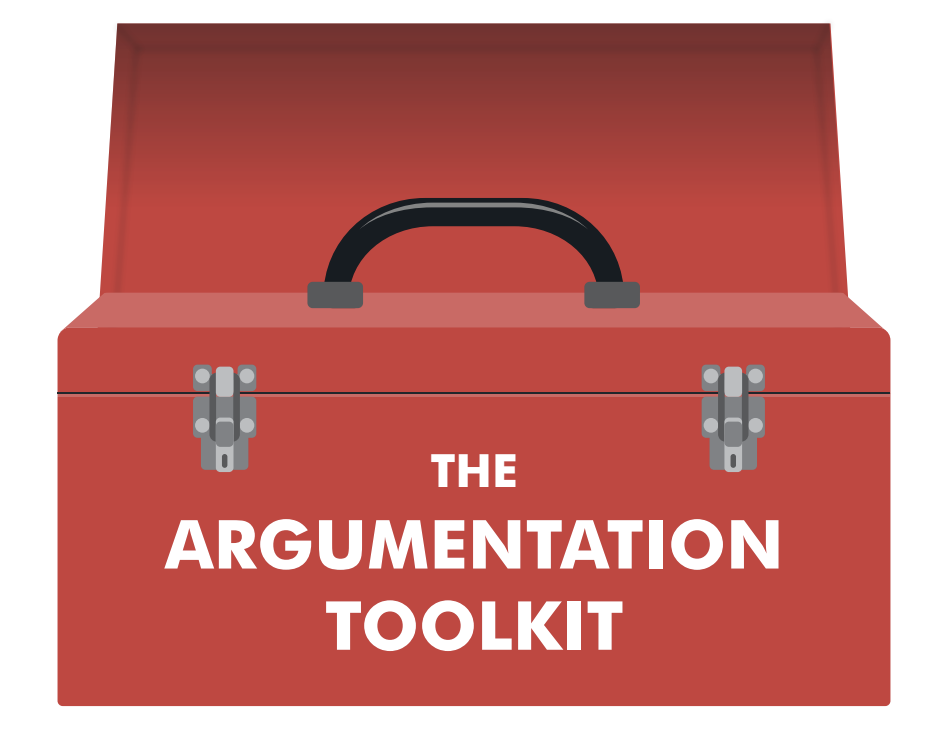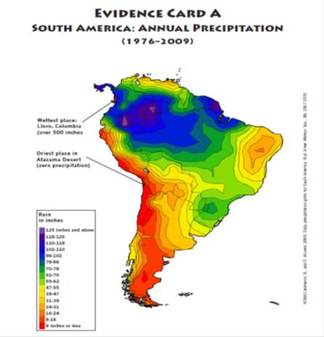How do you prepare students for a science seminar?
Advanced – Science Seminar Session 2
Session Goals
- Teachers will learn how to prepare students to apply their content knowledge during the science seminar.
- Teachers will learn how to establish expectations for student interaction during the science seminar.

Session Slides
Advanced Science Seminar Session 2 PDF
Agenda
* Extension Discussion: Try it!
- Warm Up: Transcript Analysis
- Activity: Analyze Data for the Atacama Desert
- Video: Student Interactions in the Science Seminar
- Session Takeaways
* Extension – Try it with your students!
Materials
- Detailed agenda for facilitator
- 3 Atacama Desert Data sheets (Note: print maps in color)
- Preparing for the Science Seminar Handout
Extension Discussion
If you reflected on current practice, discuss the following questions:
- What went well with the discussion?
- What challenges do you think your students will face?
If you brainstormed potential opportunities in the curriculum, discuss the following questions:
- How could this unit incorporate argumentation?
- What challenges will you face?
1. Warm Up: Analyze a Discussion
Directions:
Review the transcript of a classroom discussion.
Discussion questions:
- What role does the teacher play?
- How are students demonstrating their knowledge of the content in this discussion?
- How do students interact with each other in this discussion?
2. Activity: Analyze Data for the Atacama Desert
The task:
The goal of this activity is to analyze data about the Atacama Desert and determine which claim is best supported. You will work in small groups to analyze the data and complete the worksheet in preparation for the science seminar.
Discussion questions:
- What would it be like to do this type of activity with your students?
- How would this type of activity support student participation in the science seminar?
- What challenges would your students have with this type of activity?
3. Video & Discussion: Promoting Student Interaction in the Science Seminar
Watch the video below, which describes strategies for how to promote student interaction during the science seminar.
Discussion Questions:
- Which of these strategies do you think will be most useful to your students?
- Which of these strategies do you think will be most challenging for you to implement?
4. Session takeaways
- In order to effectively engage in the science seminar, students need to know the content and expectations for interacting with their peers.
- Prepare students for the science seminar by giving them the opportunity to analyze data.
- Teachers can support student interaction in the science seminar by establishing norms for student interaction, supporting students in critiquing peer thinking, and encouraging the use of sentence starters.
* Extension – Try it with your students!
The task:
- Engage your students in a classroom discussion utilizing these strategies for promoting student interaction.
- For the next session, be prepared to discuss your experience.
View Other Sessions
Advanced Science Seminar Agenda
| Session Name | Description | Length |
|---|---|---|
| Session #1: What is a science seminar? | This session introduces the science seminar, then explores how the science seminar encourages students to grapple with the four challenging elements of argumentation. | 45 minutes |
| Session #2: How do you prepare students for a science seminar? | This session explores how to prepare students for the science seminar and how to support student participation during the science seminar. | 45 minutes |
| Session #3: How do you conduct a science seminar? | This session introduces teacher and student roles during the seminar, and gives participants the opportunity to engage in a science seminar. | 45 minutes |
| Session #4: How do you support students writing a scientific argument after a science seminar? | This session explores how the science seminar can be leveraged to support student writing of science arguments. | 45 minutes |


